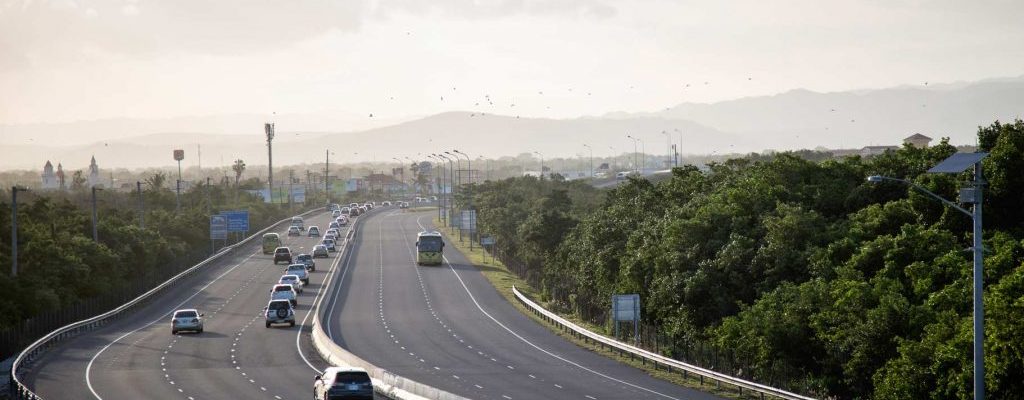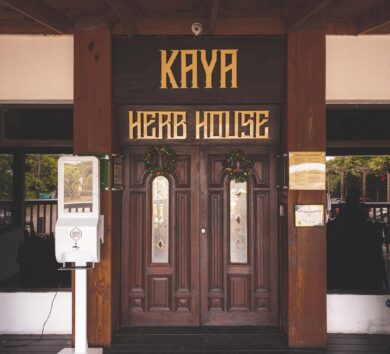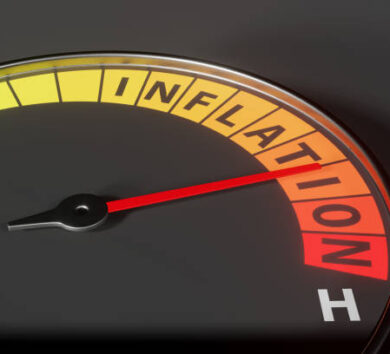

Durrant Pate/Contributor
TransJamaican Highway Limited, operators Highway 2000 East-West, is reaping much benefits from the greater levels of traffic flows on the highway during the June quarter in addition to movements in the toll tariff, which is reviewed annually.
Revenues for the quarter under review amounted to US$18.2 million, reflecting an 18 per cent increase of US$2.8 million, compared to revenue of US$15.4 million for the same quarter in 2022. Revenues for the half year period went up 20 per cent to close at US$36.2 million, compared to US$30.3 million for the same period in 2022.
This was due to greater levels of traffic over the previous year in addition to movements in the toll tariff which is reviewed annually.
Profitability improving
Pre-tax profit for the quarter totalled US$8 million, reflecting an increase of US$6.1 million over the US$1.9 million booked for the same quarter in 2022. This increase in profitability mainly resulted from savings realized on the cost to operate the motorway following the acquisition of the toll road manager, Jamaican Infrastructure Operator (JIO).
JIO, which was a French-owned company that manages and operates the East-West toll network on TJH’s behalf and collects tolls at all four toll plazas, has now become a subsidiary of TJH. The increased pre-tax profit is also due to higher revenues earned for the quarter.
This was partially offset by the cost factors mentioned above. For the half year pre-tax profit is up to US$14.7 million, reflecting an increase of US$11.7 million, compared to US$3 million for the same period in 2022.
Marked reduction in operating expenses
There has been a marked reduction in operating expenses, which for the quarter totalled US$5.5 million, down US$4 million, compared to the US$9.5 million booked for the corresponding period in 2022. This decline was primarily due to cost savings realised further to the acquisition of the subsidiary, which allowed for the modification of the fees thus reducing operating costs.
This was partially offset by:
- Higher amortisation of the intangible asset associated with higher traffic.
- Bank and security charges incurred for TJH.
- Higher maintenance cost including spares and equipment purchased to improve the services offered in the tag lanes and the My T-tag app.
- Higher consultancy fees as TJH continues a restructure operation exercise.
- Higher insurance cost associated with the renewal of coverage for the motorway.
For the six-month period, operating expenses were down to US$11 million compared to US$19.2 million for the same period in 2022 and was impacted by the same aforementioned factors. Finance costs, which are comprised mainly of interest on TJH secured notes issued went down marginally to US$3.6 million for the June quarter compared to US$3.8 million for June 2022.
For the six-month period ended June 30, 2023, finance costs also went down to US$7.3 million, reflecting a decline of US$0.1 million, compared to US$7.4 million for the same period in 2022. This is in keeping with lower interest payments on the secured notes as the principal is also being repaid on a quarterly basis.







Comments